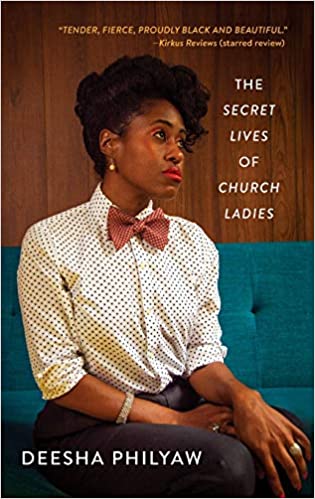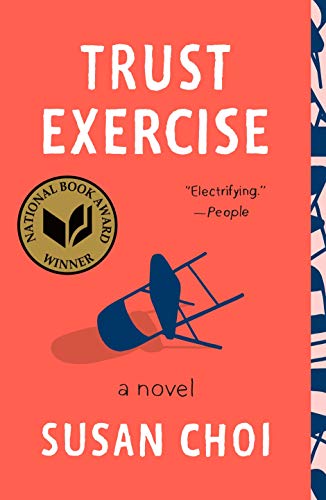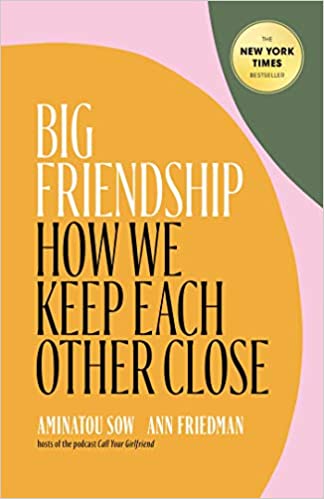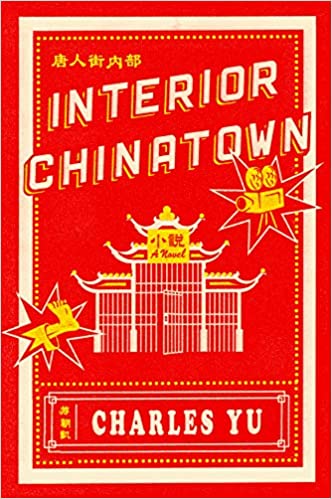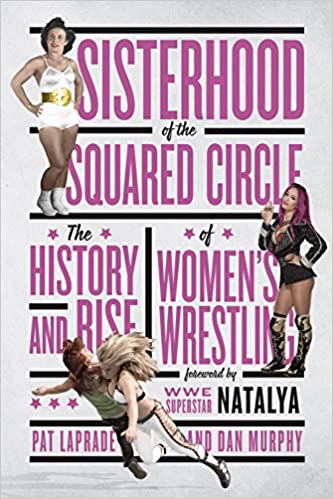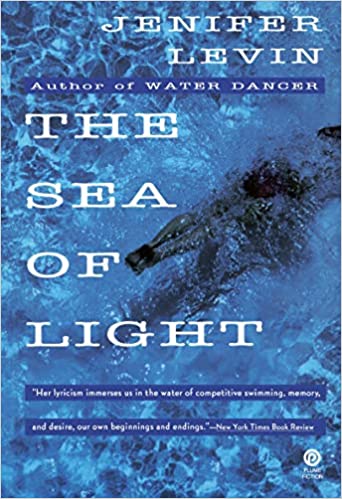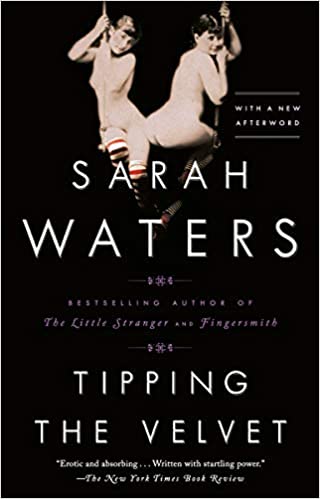When I think mystery, my mind initially goes to the procedurals I watched with my elders as a kid—shows like Cagney and Lacey or Murder, She Wrote. In those shows, the mystery was always a murder or other terrible crime, and it was always solved. Sometimes the solution was predictable, other times viewers were caught off-guard, in the end the “good guys” always won. Nowadays, “mystery” to me means something bigger—sometimes psychological, other times supernatural. Not all mysteries revolve around a corpse, and even if they do, characters may try to uncover a lot more than just the murderer. Sometimes those seeking to right wrongs are everyday citizens with no badge or prior training, just a strong will to do good and be better. And now, unlike in the Cagney and Lacey days, more and more mysteries are driven by Black, Indigenous, and POC protagonists.
When BIPOC characters are the stars of mystery and crime novels there’s no doubt we’ll be privy to the complexity of how race affects their quest for a solution. The layers of this make for stories of power, inequity, and frustrations ready to boil over. This list includes a sampling of BIPOC characters and authors with free rein to be flawed and functional in their pursuit of truth and justice.
Blanche Passes Go by Barbara Neely
Rightly considered a pioneer for Black women in the crime/mystery genre, Neely died earlier this year at the age of 78. This is the last book in the series that began with Blanche on the Lam, published in 1992. Blanche White is a hard-working Black woman, raising a family and trying to find a place for herself. Unfortunately, everywhere she goes death seems to follow. Blanche uses her wit, intellect, and savvy to help solve these cases when authorities refuse to look beyond the surface.
The Last Story of Mina Lee by Nancy Jooyoun Kim
Secrets are often central to many mysteries and they’re also at the forefront of instant New York Times bestseller Mina Lee. Dual perspectives allow readers to experience Mina Lee’s time in LA and her daughter Margot’s pursuit of the truth to find out how her mother died.
A Spy in the Struggle by Aya de Leon
Lawyer Yolanda Vance becomes embroiled in espionage, activism, romance, and—you got it—a mysterious death that needs to be solved. De Leon’s spy thriller focuses on Vance’s rationale for wanting a comfortable life versus coming to terms with her own moral compass when working undercover for the FBI.
Searching for Sylvie Lee by Jean Kwok
Doting eldest daughter Sylvie Lee visits a family member in the Netherlands and disappears. Bereft younger sister Amy seeks answers and through her journey unearths what her seemingly fearless sibling kept hidden from everyone.
Winter Counts by David Heska Wanbli Weiden
No holds barred, cussing up a storm, and ready to knock some heads, enforcer Virgil Wounded Horse has a personal stake in finding out who’s distributing heroin on his reservation when his nephew is involved. Wounded Horse’s investigation reveals many shady dealings and disturbing alliances along the way.
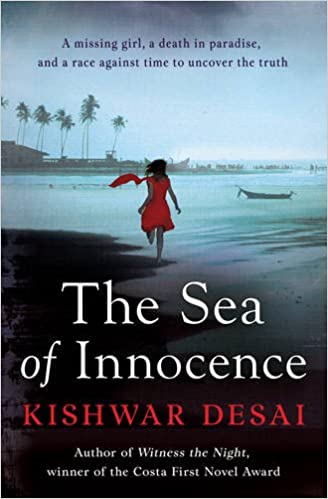
The Sea of Innocence by Kishwar Desai
Investigator Simran Singh shows up for a third time in Desai’s Sea of Innocence. Of course a relaxing vacation becomes the landscape for a new crime Singh is forced to solve when a British teenager goes missing and a seedy underworld is revealed. Desai’s journalism and novels appear to take on similar focus when it comes to violence against women and holding patriarchal entities accountable.
The Body Snatcher by Patricia Melo
Sometimes mysteries also come in the form of wondering about the stability of one’s soul. Corruption and morality are at the heart of Melo’s Body Snatcher. For the protagonist (or antihero) to escape the turmoil he’s enmeshed in by chance and choice requires some contemplation of what one is willing to do to profit, if not survive.
Bluebird, Bluebird by Attica Locke
Locke’s work tackles regional resentment and the complications of being a Black law enforcer. Darren Mathews attempts to navigate his own personal turmoil with a marriage on the rocks, his estranged mother who always shows up at the wrong time, and professional backlash, all the while trying to solve the murder of a Black lawyer and white woman that are seemingly connected.
The Only Good Indians by Stephen Graham Jones
Horror, spirituality, and the supernatural come together in this exploration of revenge and obligation. The mystery here isn’t necessarily a “whodunit” so much as a “what happens next,” as several characters are haunted after a hunting trip on land designated for tribal elders. Graham Jones builds the tension through horrifying and realistic detail down to the hauntings and the mundanity of everyday life.
Charcoal Joe by Walter Mosley
No mystery/crime list is complete without the prolific Mosley—this year’s recipient of the National Book Foundation’s Lifetime Achievement Award. Charcoal Joe is the latest in Mosley’s well-known Easy Rawlins series taking place in 1968—the same year Martin Luther King Jr. was shot. Attempting to settle down after forming a new agency, Rawlins is once again thrust into a case he can’t refuse when a friend calls for help in exonerating his son from the murder of two white men at a highly racially charged time.
A Crack in the Wall by Claudia Piñeiro
Architect Pablo Simó is not living his best life. He doesn’t enjoy his job or his marriage and has an attraction to one of his co-workers. Another wrench is thrown into his soulless days when a young woman surfaces asking about someone who disappeared under suspicious circumstances, circumstances Pablo knows more about than he lets on.
The Missing American by Kwei Quartey
Emma Djan’s hopes of advancing in the Ghanian police force fall through, so she tries the next best thing: a detective agency. Derek Tilson travels to Ghana to find his father who suddenly disappeared when visiting someone he met through the internet. Derek and Emma partner up to uncover the depths of internet scams and fetish priests and those who aren’t too keen on being investigated.
The post 12 Mystery Novels Featuring Black, Indigenous, and POC Protagonists appeared first on Electric Literature.
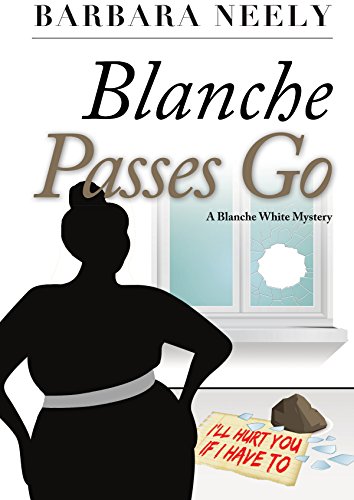
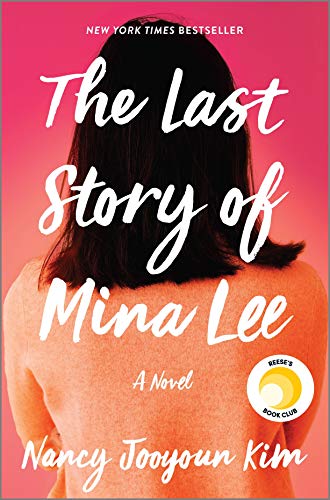
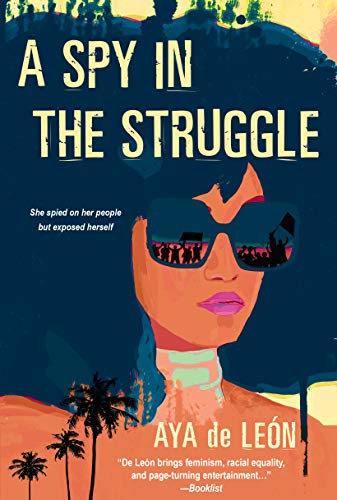
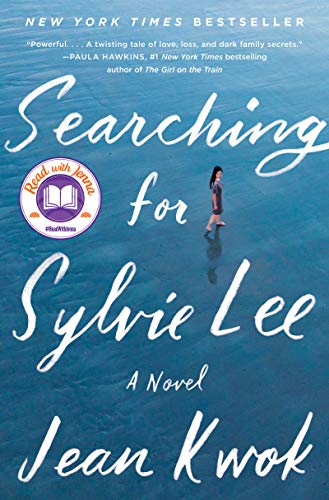
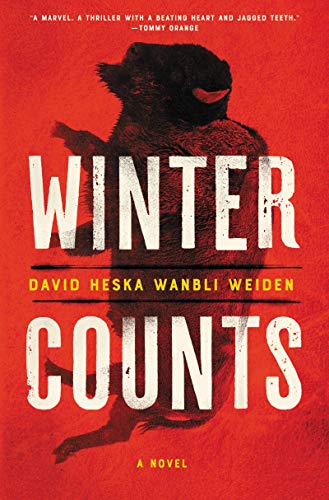
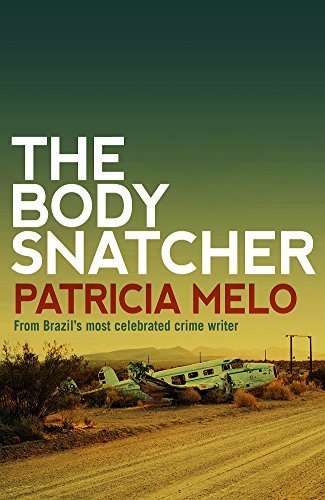
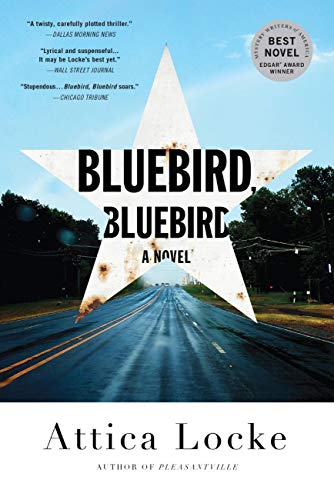
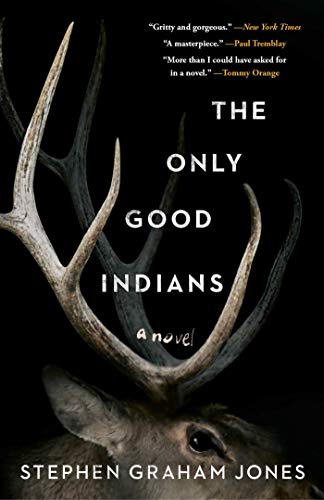
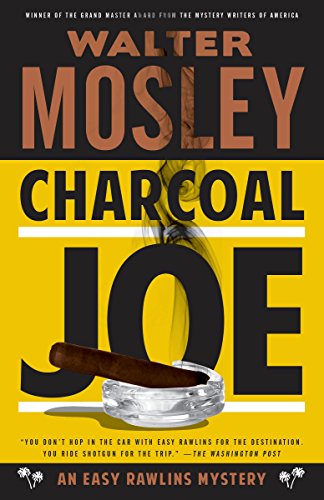
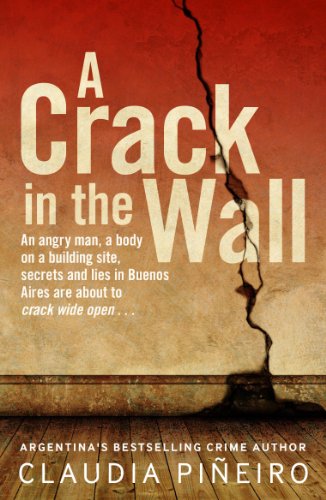
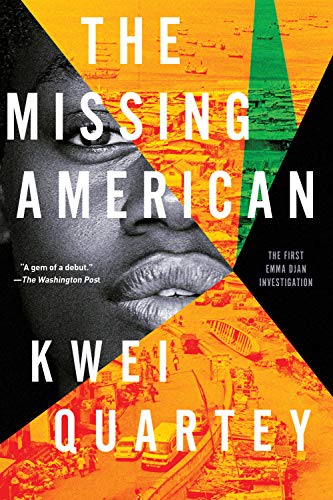
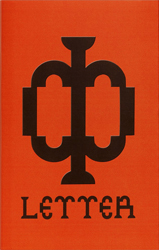
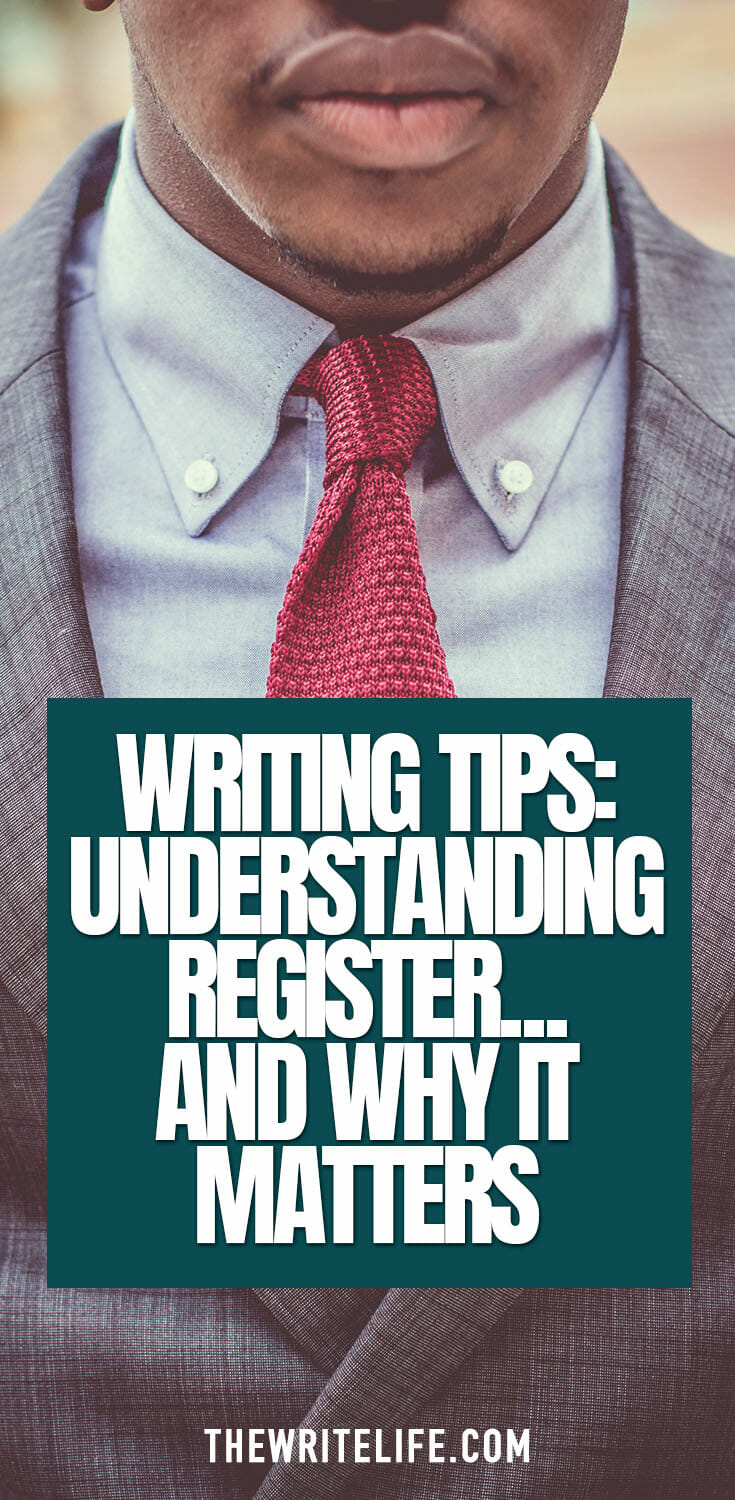 Why register matters
Why register matters
